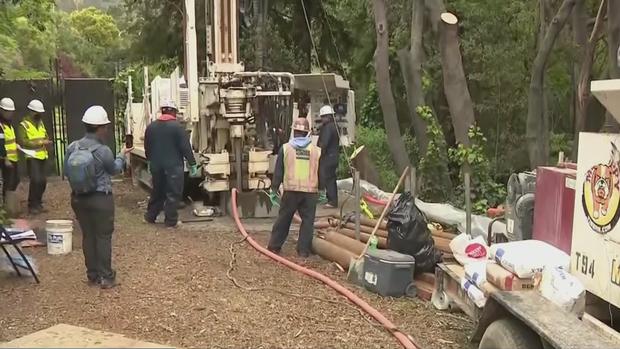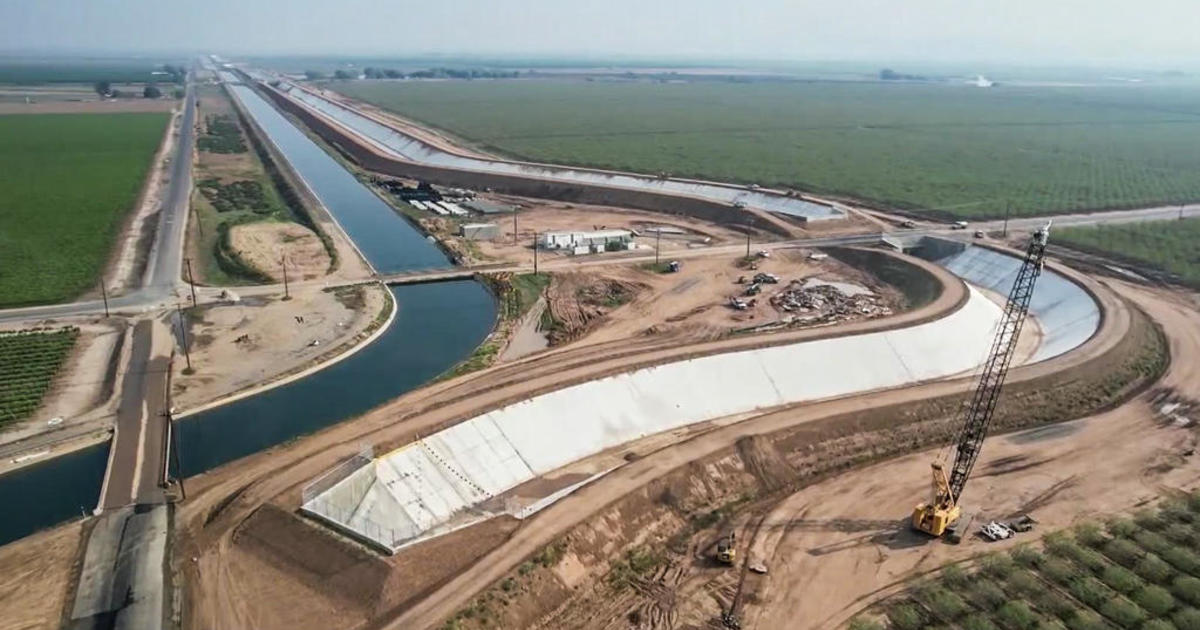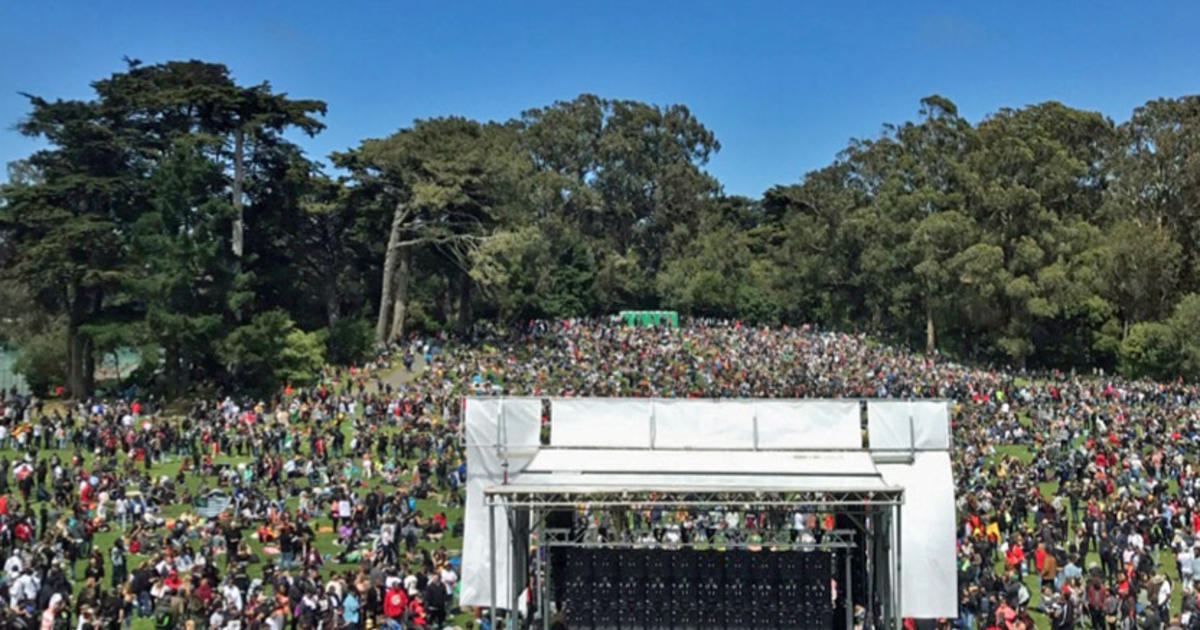UC Berkeley Team Digs Deep Beneath Campus In Quest For Clean Geothermal Energy
BERKELEY (KPIX 5) – Researchers at the University of California, Berkeley have launched a new project, hoping to find a cleaner way to heat and cool campus buildings.
Most digging on the campus, like construction projects, might get down to 60, maybe 80 feet deep.
Engineers are now going well past that, in hopes of creating what you might call a "natural heat pump."
"We are drilling 400 feet into the ground, really to test what is the capacity of the ground absorbing heat," said UC Berkeley Civil Engineering Professor Kenichi Soga.
At 400 feet deep, and about 8 inches wide, the borehole will give Soga and his team unprecedented access to the soil and rock beneath the campus.
Depending on what they find, they're hoping to use that bedrock for thermal storage; Taking heat from the warm summer months, and pumping it underground where it could be held by the rock, until it's needed later.
"What we want to do is by having a lot of boreholes, can we store the heat during the summer? And can we utilize that during the winter?" Soga explained told KPIX 5. "That's the kind of thing we want to explore."
It's not like traditional geothermal which pulls heat from much deeper in the earth, but it could be an alternative to what the campus uses now.
"This fits into a larger scale project that we are looking at for the UC Berkeley campus," said Kira Stoll, UC Berkeley Carbon Solutions Officer. "We're looking at taking our natural gas powered heating and cooling and power system, and decarbonizing it."
One possibility is a separate borehole for each building, or a system by which buildings share underground storage. But it all depends on what kind of bedrock they find below the campus.
"If the test goes well, we will continue to study how geothermal can be used to make the campus heating and cooling system we're putting in place extremely efficient," Stoll told KPIX 5.




